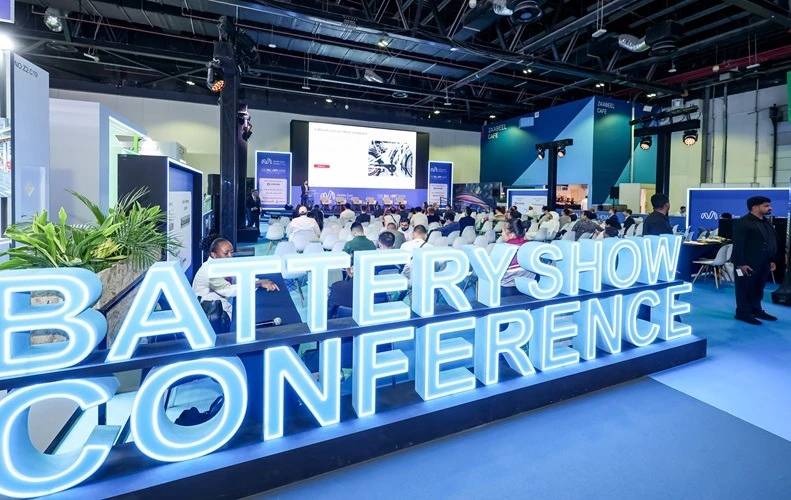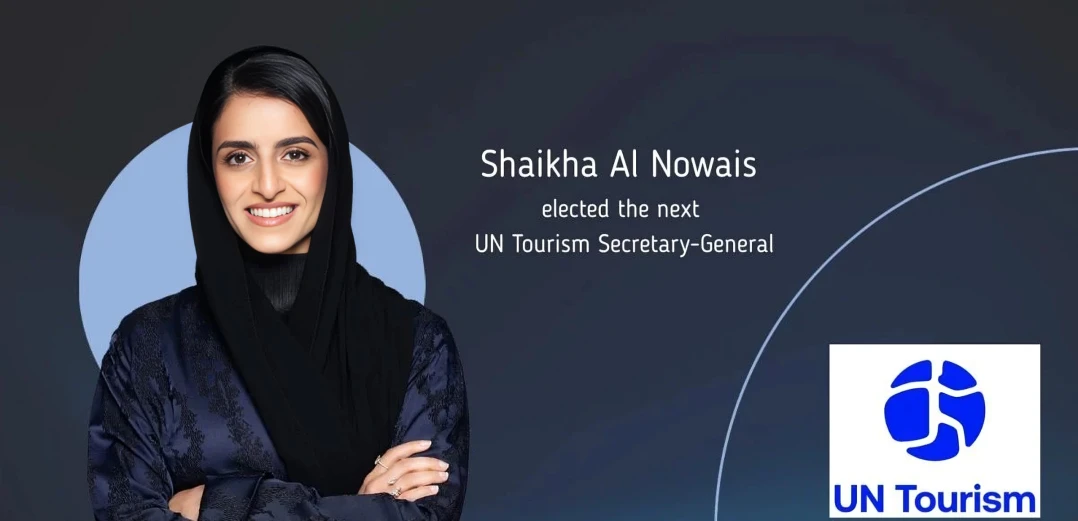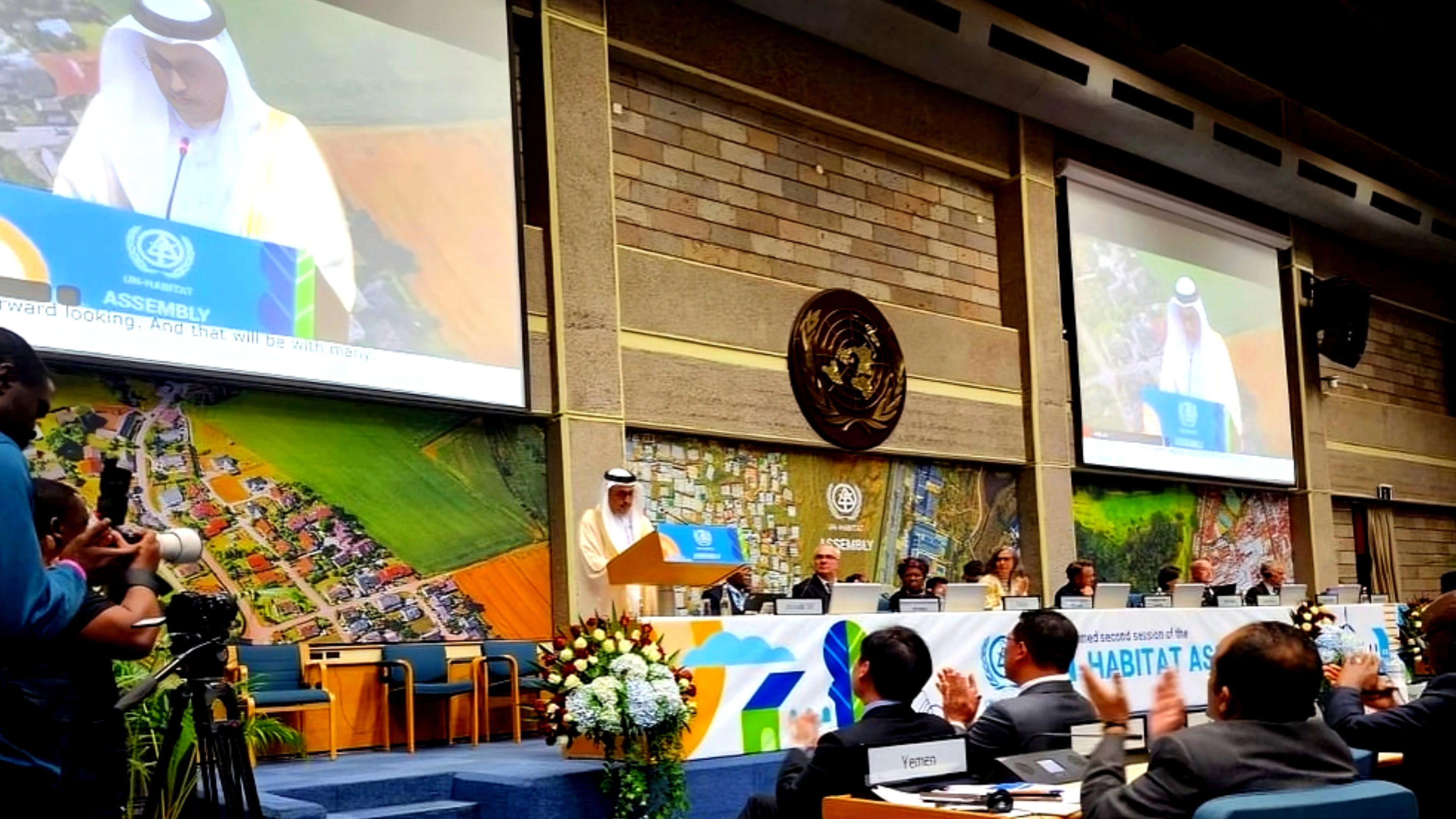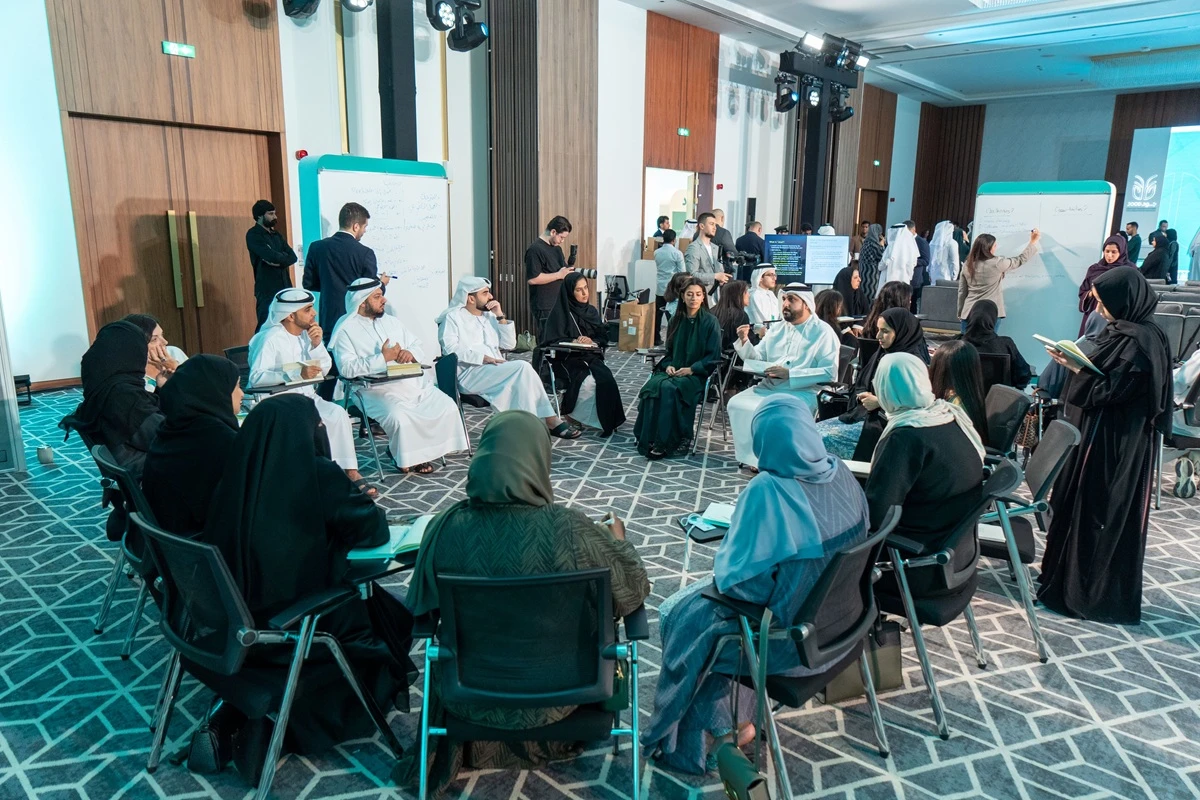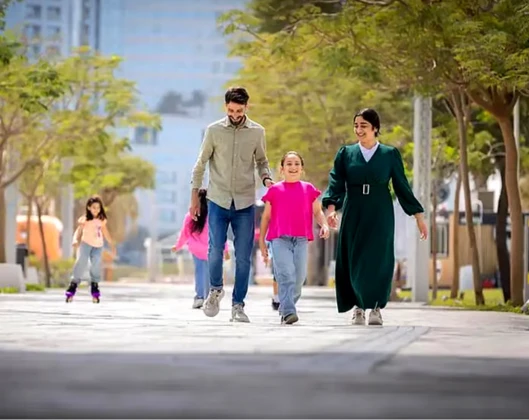Dubai: On the second day of the Middle East Energy 2025 event, held on April 8 at the Dubai World Trade Centre, energy leaders discussed the transformative impact of artificial intelligence (AI) and advanced battery technology on the energy sector.
Supported by the UAE Ministry of Energy and Infrastructure, the event is in its 49th edition and brings together over 150 energy experts to explore innovations and trends in the global energy market.
Engineer Faisal Rashid, Senior Director of Demand Side Management at Dubai’s Supreme Council of Energy, delivered a keynote speech, outlining Dubai’s roadmap to achieve net-zero emissions by 2050.
He shared key developments, such as the fact that 54,000 buildings in the city now comply with the 2014 Green Building Code and more than 15,000 buildings have been retrofitted with energy-efficient measures. The number of electric vehicles in Dubai has grown from 500 in 2015 to 72,000 today.
Rashid emphasized the urgency of sustainable practices, stating the UAE aims for a 30% reduction in electricity, water, and fuel consumption by 2030 and 50% by 2050. He also stressed the importance of updating sustainability strategies every five years to stay ahead.
Earlier in the day, Mike Ballard, Vice President of Industry Strategy and Innovation at Oracle Energy & Water, discussed how AI is increasingly integrated into utility operations, customer engagement, and grid management.
Ballard highlighted how AI can help prevent accidents and even save lives, citing examples like tree detection systems that can stop wildfires before they start.
He explained how AI analyzes customer behaviors, helping to optimize energy usage and reduce costs. Ballard also discussed Oracle’s consumer engagement programs that personalize insights to help customers reduce their energy consumption.
At the same time, during the Battery Show, Kenneth Hoffman, Founder and CEO of Traubenbach Associates, talked about the evolution of battery technology.
He highlighted a shift in the industry from conceptual ideas to practical applications, such as ultra-fast charging and solid-state batteries.
Hoffman discussed the importance of optimizing battery pack technology, including designs like CATL's CTP technology, to reduce size and cost while improving performance.
He also noted the strategic importance of regional material processing in the Middle East and Africa to lower lithium costs and enhance local production.
Mark Ring, Group Director of Energy Events at Informa Markets, noted that this year’s event is already generating important discussions and partnerships that could shape the future of energy.
Ring also mentioned that the Africa Business Leaders Forum, scheduled for the next day, would focus on embracing transformation in the power sector, including mobilizing capital and empowering local communities to drive innovation in the continent’s energy landscape.


